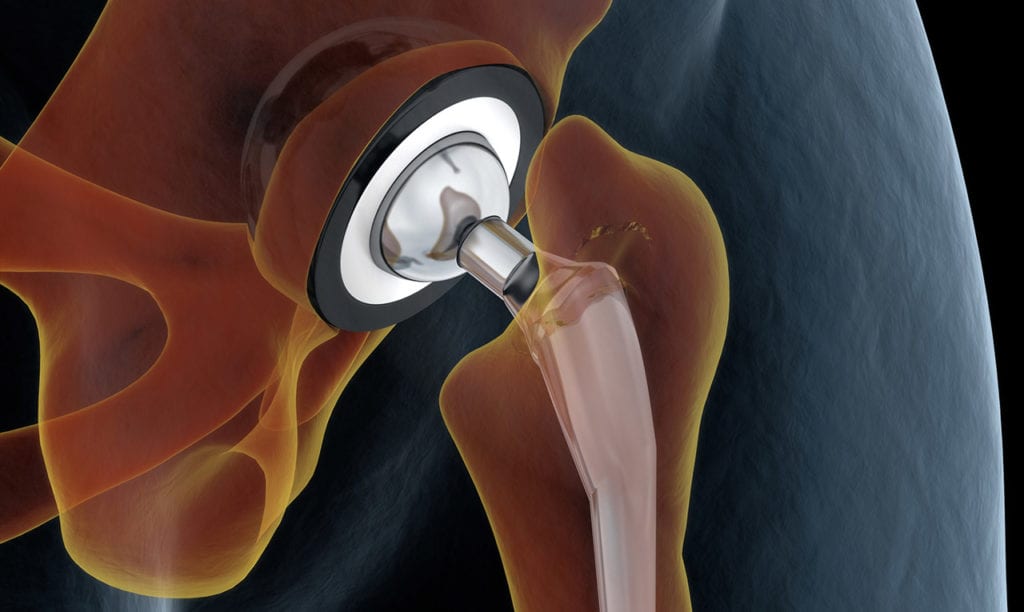Primary Hip Replacement
Primary hip replacement is a surgical procedure where the hip
joint is replaced with a prosthetic implant. This procedure is
usually recommended for patients experiencing severe pain and
impaired function due to conditions such as arthritis, hip
fractures, or other degenerative joint diseases. The goal of
primary hip replacement is to alleviate pain, improve
mobility, and enhance the overall quality of life for the
patient. The surgery involves removing the damaged or diseased
parts of the hip joint and replacing them with artificial
components, typically made of metal, ceramic, or plastic.
Recovery involves physical therapy and rehabilitation to
restore strength and mobility.
Causes for Primary Hip Replacement
-
Osteoarthritis: A degenerative joint
disease causing the breakdown of cartilage, leading to
pain and stiffness.
-
Rheumatoid Arthritis: An autoimmune
disorder that causes inflammation of the joints, resulting
in pain and deformity.
-
Hip Fractures: Breaks in the hip bone
often caused by falls or trauma, which can lead to severe
pain and functional impairment.
-
Avascular Necrosis: The death of bone
tissue due to a lack of blood supply, often leading to the
collapse of the hip joint.
-
Childhood Hip Disease: Conditions such as
hip dysplasia or Perthes disease that can result in hip
problems later in life.




.png)

